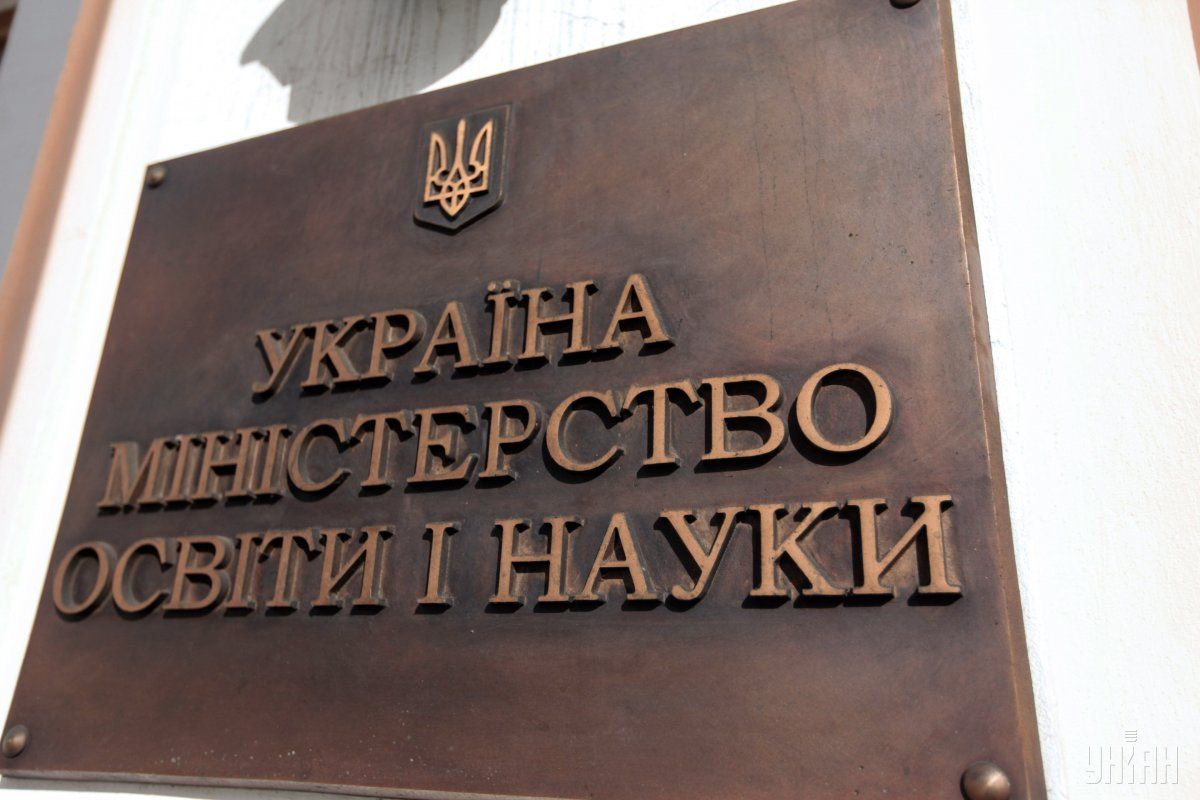
The Commission’s decision could contribute to a more detailed layout of Article 7 in Law "On General Secondary Education" and "agrees with the recommendation to extend the transition period for its implementation", the statement says.
"The MoE welcomes the Commission’s consistent position on the place and role of the state language in the educational process. The determining role of the state language cannot be questioned and fully complies with all international legal instruments of international and regional organizations. We are grateful to the Venice Commission for confirming this position," the statement said.
Read alsoHungary plays ethnic card in all neighboring countries: experts explain "language row" with UkraineThe Ministry of Education emphasizes that the main idea of the opinion is that Article 7 is a framework norm and is subject to further detailing, in particular, in Law on General Secondary Education. "We fully agree with this statement. Together with national communities, the MoE will work to further develop various approaches to minority education, taking into account their educational needs. The main goal is to ensure a sufficient level of command both in the state and native language," the ministry explained.
The Office expressed its appreciation to the Commission for accepting the arguments of the Ukrainian side "regarding reproaches that the language article of Law" On Education ‘narrows the rights of representatives of national minorities’."
"The VC stressed that the issue of content and scope of rights are exclusively within the competence of the Constitutional Court of Ukraine. A number of questions regarding the use of languages should be resolved by special laws. So, the accusations on the part of Hungary are not supported," the press service noted.
It is reported that one of the Commission’s important recommendations is to prolong the transition period for the implementation of the article. "So, now Law "On Education" indicates that the language article is to fully enter into force in 2020. The Ministry of Education and Science of Ukraine agrees that, from the pedagogical point of view, the extension of the transitional period is justified, and it will fully support this recommendation. The Commission also stressed that Ukraine should make maximum use of the opportunities provided by Article 7, paragraph 4, which the MoE plans to do," the statement says.
Read alsoEleven NATO states oppose Hungary's blocking of cooperation with Ukraine – mediaThe MoE stresses that the Venice Commission accepted a significant number of comments from the Ukrainian side, "while our request for preparing an analysis of Ukrainian legislation in terms of its compliance with existing international legal standards was processed on a tight schedule."
"Ukraine is ready to continue to cooperate with the relevant expert bodies of the Council of Europe to develop the legislative framework in the sphere of ensuring the rights of national minorities. In addition, Ukraine calls for a constructive dialogue with its partner neighbors," the Ministry added.
Previously, the media reported that the Venice Commission would reject Budapest’s key requirement regarding the Ukrainian law on education and generally support Ukraine.

